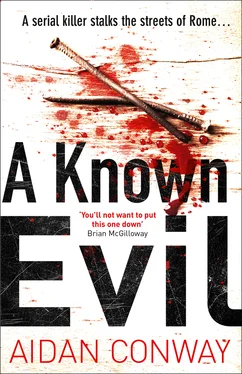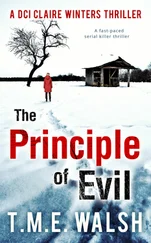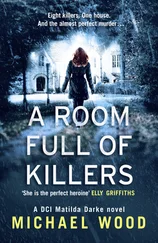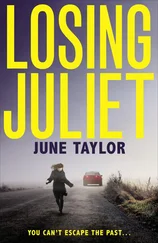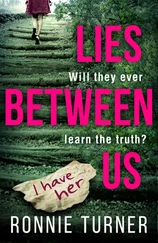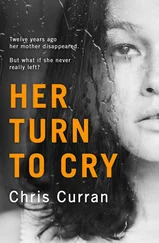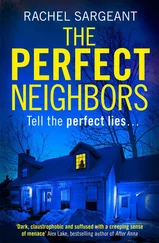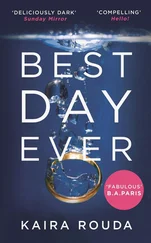Despite his initial certainty and strenuous defence of his own interpretation of events, something was nagging at the back of Rossi’s mind. He had called the office to let Carrara know he had sorted things out with the judge. He had then had lunch in an anonymous eatery near Tiburtina station and frequented by locals, just to see what the vibe was like. They were talking about the murders in hushed tones, studying the papers, speculating. A couple of Romanian workmen walked in and drew a few dirty looks from the barman and some of the older patrons. Potential scapegoats. It couldn’t be the work of an Italian, after all.
Rossi had then decided to take a couple of hours off before the press conference, to think things through. He would take the Metro to Flaminia from where he could then have a stroll through Villa Borghese. It was one of Rome’s most beautiful parks, bequeathed to the people in perpetuity by public-minded aristocrats from a bygone age. As he was passing under the archway at its entrance, he noted a pickpockets’ graveyard behind one of the ventilation shafts of the Metro system; it was a sorry corner where you might find the detritus of drug users’ paraphernalia and, as often as not, abandoned purses, handbags, and wallets, picked clean of all valuables by the thieves that plagued the more touristic stretches of Rome’s transport system.
Sometimes there were even coins, Polish zloty, or roubles: useless as they could neither be spent nor exchanged locally and would only risk incriminating any self-respecting pickpocket. So, most thieves were after ready cash or maybe credit cards and, almost as a matter of course, would jettison any ID, which would, sometimes, get returned to its rightful owners. He’d even witnessed bizarre scenes of freshly fleeced individuals getting their wallets thrown back through the closing doors of a tube train about to depart; a little lighter for cash but at least freeing the owner of the trauma of having to drag themselves through the Italian bureaucracy.
The judge had left him feeling slightly perplexed. He was evidently a cold individual, and likely still in a state of shock. The two factors had combined to render his replies somewhat enigmatic but as yet Rossi hadn’t been able to put his finger on what it was that was bothering him. He was also thinking about Marini’s handbag and why the killer might have taken it. It had been cleaned out but by an opportunist third party, or even the killer himself. Had he decided to make a little bonus while he was at it? Had he needed cash? For drugs, possibly. But then why hadn’t he left it at the scene? Maybe fearing prints, and they had been able to get some, but they could have been from any passer-by who had taken a hopeful peek.
There was also the possibility that he had been disturbed, had heard someone approaching, and taken it with him as he made his escape. Like a wild animal slinking off with its kill so it can be studied, savoured, enjoyed in peace, away from the nagging attention of jackals and hyenas. Or had he been looking for something? Even the calmest person, in the least stressful of situations, can sometimes feel like they are losing their mind while trying to find a house key at the bottom of a bag chock-full of items, and in poor light, too, not to mention the risk of being seen. Was it all beginning to add up to something more complex? But what could he have been looking for? And why? He stopped by the ornamental lake and took out his phone to call Carrara.
“Gigi?”
“Yes, boss.”
“Put the press conference back to six or seven. Something’s come up. I think the judge might have been on to something all along.”
“What do you mean? Mafia?” Carrara’s voice betrayed ill-concealed incredulity.
“Something,” said Rossi. “Something that doesn’t quite fit. It could just be a feeling, but we need more on the girl first. Have you found anything?”
“Nothing special. It’s just as you said. Wrong place at the wrong time. He must have studied her movements to ascertain whether or not she was a mother, if that’s still the motive, but other than that …”
“OK,” said Rossi, “check out what exactly she did in her voluntary work. See if you can find out about her clients. Try to discover a bit about them and why she was helping them.”
“Will do,” said Carrara. “Is that all?”
Rossi thought for a moment.
“Go back to her flat, too, and seal it off if it hasn’t been done already. And while you’re there see if you can find a phone, a computer, files, clients’ lists that might be sensitive. See if anything’s missing.”
“And her ex?” said Carrara.
“Is he in Rome yet?”
“On his way apparently.”
“See if he knows anything about her activities, her private life. I’ll be at the office in half an hour.”
One more stroke with the whetstone and the blade was gleaming, sharp as a razor’s edge. He held it up and admired its glint in the street light filtering through the window into the rented apartment. He often sat in the dark at this time of the evening, looking down, watching, while safe in the knowledge he could not be seen. It had always been a favourite game – being the voyeur, the watcher. They, meanwhile, walked along the street, oblivious, as he imagined which of them might put up a fight, who would crumple into so much dust under the blows. Sometimes all it took was a single swing. Other times they had to be pummelled. That was messy. But he liked it like that too, if there was time, and time was of the essence.
He thrust the knife deep into the chopping board at the centre of the table, spearing the official communication that lay there, the three letters that spelled out his now particular form of mortality. The knife was for show, for fear, not for killing. Not yet. He took up the gun then, removed the magazine, and jerked the slide, ejecting the compact round from the chamber. Then he wiped the hammer; not to clean it, but ritually, as if he were a mother drying a small child, dabbing and caressing it before lapping it in its sacking. What did mother say? A good workman cleans his tools. A bad workman blames his tools. So, he was doing well. The holy trinity of hammer, blade, and bullet. And yes, the plan was established, the traps were being set, and the chase was on. But there were so many clues to reveal and so many more had to die before he could have his finale. These had been but the opening lines in the first scene of the first act of the tragedy. Or was it a comedy? Tragedy. Comedy. Tragedy. Comedy. He thought it was both. He really couldn’t quite decide.
It certainly made him laugh out loud to see how the hoi polloi now were running scared. The bars, too, were suddenly so much emptier once darkness fell, the proprietors fretting over lost revenues, cursing the killer who had made their neighbourhood a no-go-zone. Then there were the furtive looks on the frightened faces when a foreign workman threw down his bag and hefted out a hammer as he set to mending the city’s roads and broken paving stones. He knew what they were thinking now. Was one of them the Luzi killer or the Marini killer? Did he pick them up in his van, violate them, smash their skulls then dump the bodies?
He had heard the talk himself, irony of ironies, as he sipped his morning coffee and pretended to pore over the latest local gossip in the Roman Post . Perhaps he would start killing some of them too – the stranieri , the foreigners clogging up the country like the saturated fat in a sick man’s veins. Perhaps he would start slaughtering the fat men themselves, the ones he watched askance as they suckled like oversized infants at the dry, consoling teat of the sports pages in these self-same bars. Or maybe the pensioners and half cripples who fed their fistfuls of small change into the fruit machines from dawn until dusk in hopes of sudden ecstasy.
Читать дальше
